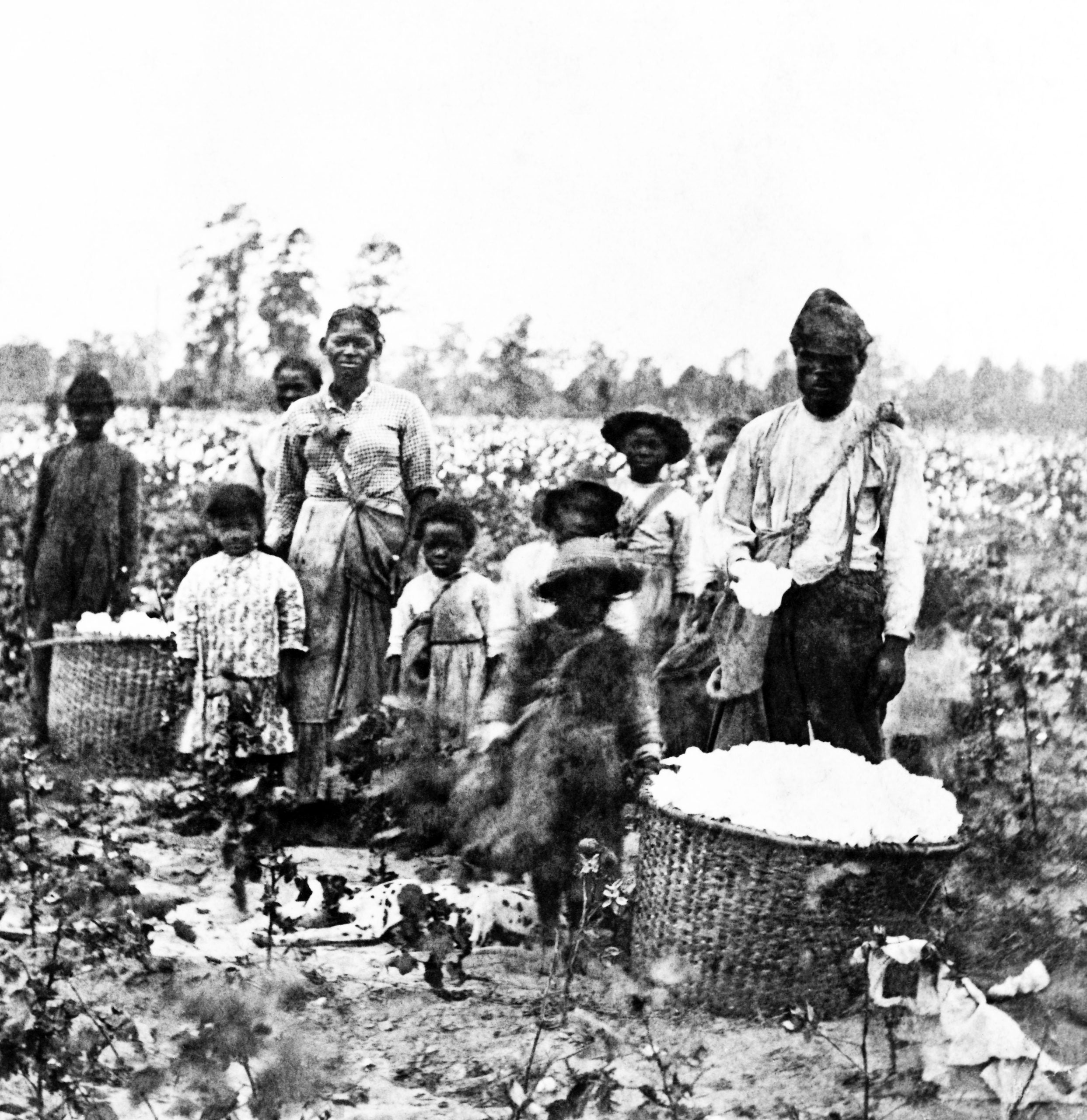
On Tuesday, the nation’s first task force on reparations met its first hurdle after assembly: who qualifies as a recipient? What seems like a simple answer has left the panel divided on which Black Americans should be eligible for compensation for the aftereffects of the Trans-Atlantic slave trade, because all Black people in America suffer from systemic racism, regardless of their lineage.
MSNBC reported that California’s Reparations Task Force came to a 5-4 split, restricting restitution to the descendants of free or enslaved Black people who were in the United States prior to the end of the 19th century.
If successful, California will be the first state in the country to allocate reparations to the descendants to the centuries-long era of bondage and forced labor, that built the economy of America.
In 2020, Governor Gavin Newsom signed legislation creating the two-year reparations task force, making California the only state to move ahead with a study and plan, with a mission to study the institution of slavery and its harms and to educate the public about its findings. States like Maryland, New Jersey, New York, and Oregon who also had bills studied for the possibility of statewide reparations have since been parked in legislative committees.
Reparations could include free college tuition, grants to churches and organizations and assistance with buying homes and establishing businesses.
However, under Tuesday’s vote, some Black Californians from the diaspora—such as West Indian and East and West African immigrants—would not be eligible for the compensation. According to The Post, that means only a fraction of the state’s 2.6 million Black residents would be able to benefit from the proposal.
While the eligibility question has riddled the nine-member group since its first meeting in June, the task force must also propose and approve a plan on how Black Californians would be able to prove their ancestry.
According to the Associated Press, assemblyman Reginald Jones-Sawyer, who voted against limiting eligibility, said here is no question that descendants of slaves are the priority. He also said the task force also needs to prevent future harm from racism and start discussing how to close the severe wealth gap.
A report is due by June with a reparations proposal due by July 2023 for the Legislature to consider turning into law.